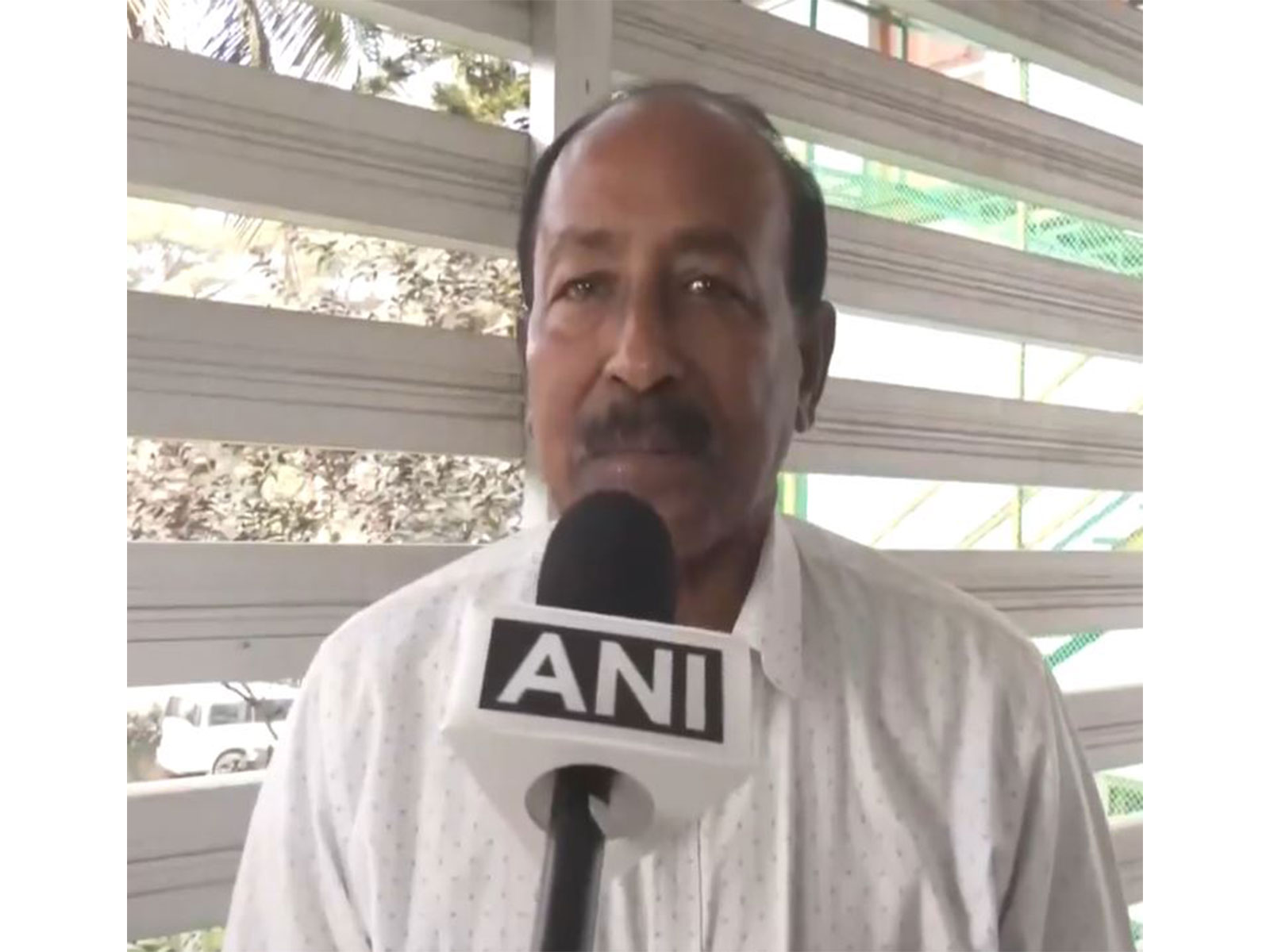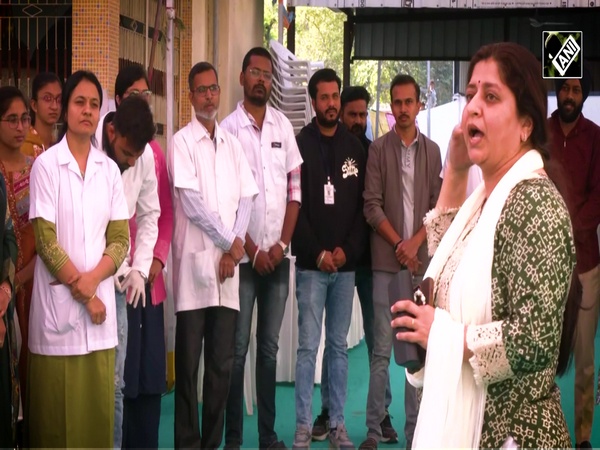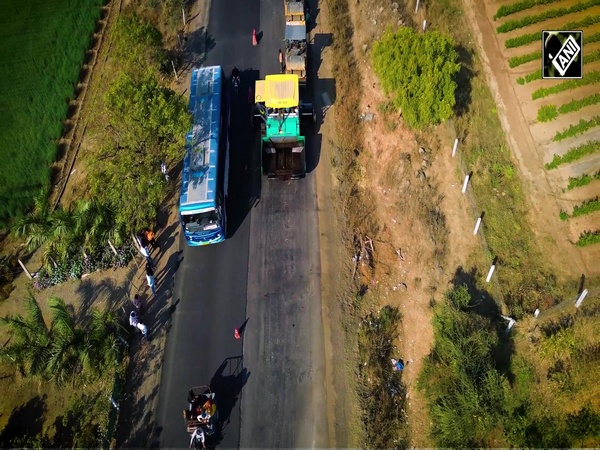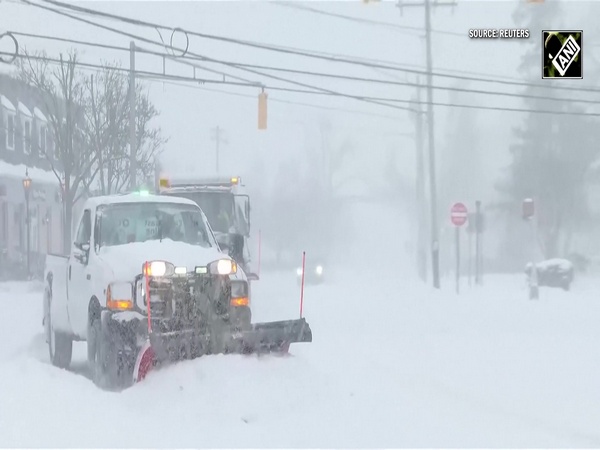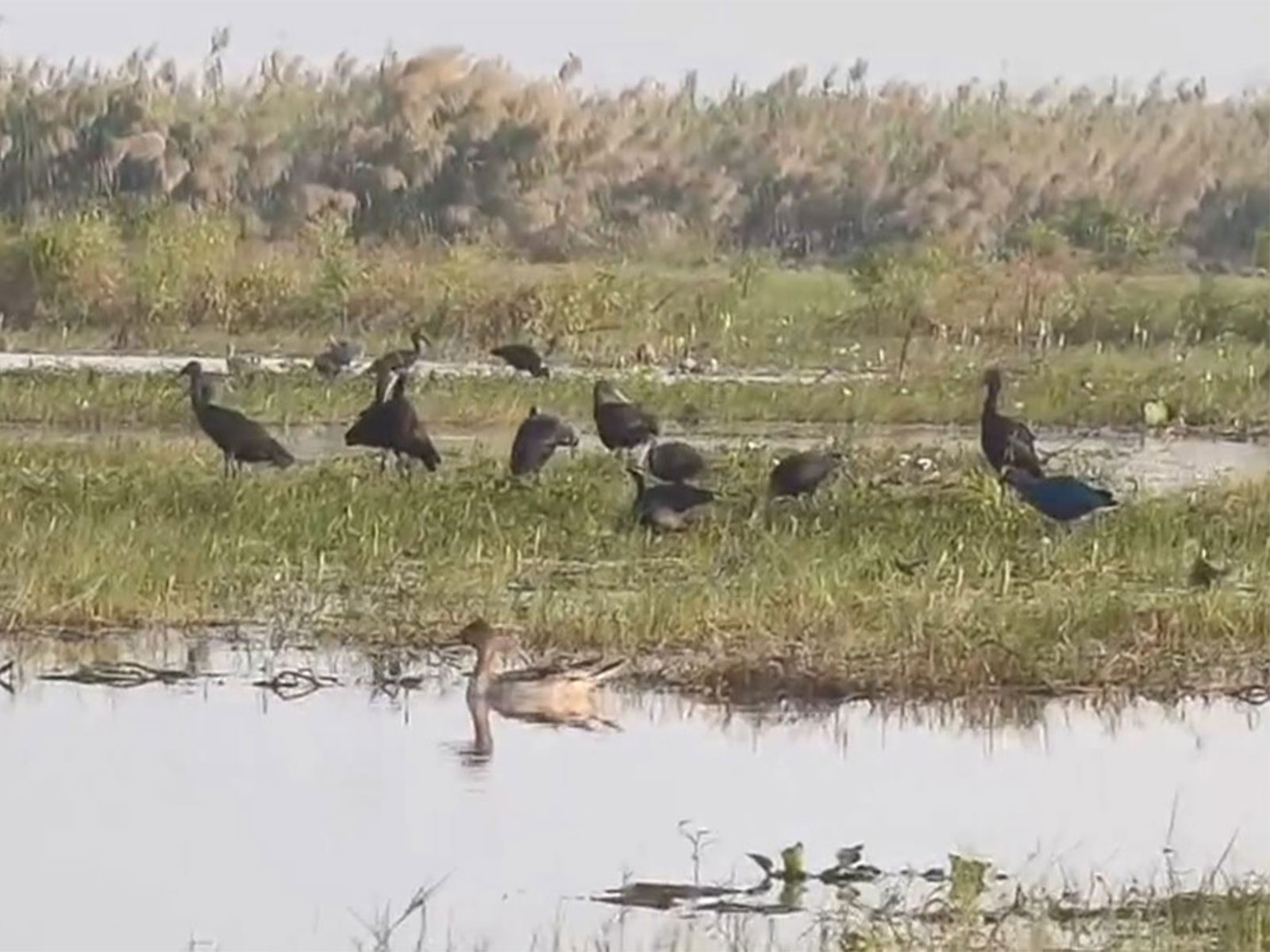
Over two lakh migratory birds arrive at Chilika Lake; authorities tighten patrolling against poaching
Nov 26, 2025
Khordha (Odisha) [India], November 26 : Chilika Lake in Odisha is witnessing a significant rise in the arrival of migratory birds this season, with more than two lakh birds recorded so far. According to the Chilika Wildlife Division, 87 species have been sighted till now, an increase from around 60 species during the same period last year.
Chilika Wildlife Division DFO Amlan Nayak said the early trends indicate a strong migratory season. "This year, the number of migratory birds has exceeded two lakh. Eighty-seven species have been sighted this year. Last year, around this time, there were around 60 species. This is a positive sign," he told ANI, adding that it was too early to comment on the presence or absence of any specific species.
Nayak said the division has strengthened vigilance to curb bird poaching, particularly in vulnerable shoreline areas. "Two poachers were detected in the Tangi area. One of them has been caught, and the other is still absconding. These bird poachers are more active in shore areas, so we keep monitoring the shores with drones. We are also checking suspected areas. There is zero tolerance towards poaching," he stated.
The patrolling mechanism has been overhauled to address the threat more effectively. "We have changed our system of patrolling. We are trying our best to cover the whole shore area with 24x7 patrolling with the help of our Chilika Development Authority staff. It is a wholesome thing, and we can achieve it only by patrolling. We are checking every possible angle and place for catching the offenders. There is almost zero tolerance to poaching," he added.
To enhance public awareness, the division has planned outreach activities near the Nalabana Bird Sanctuary. Nayak said only limited groups will be allowed inside the sanctuary due to administrative protocols.
Chilika typically records around 222-223 migratory species each winter, and officials expect the numbers to rise in the coming weeks. "Most of them are here. This is a positive sign, and we are prepared," Nayak said.







